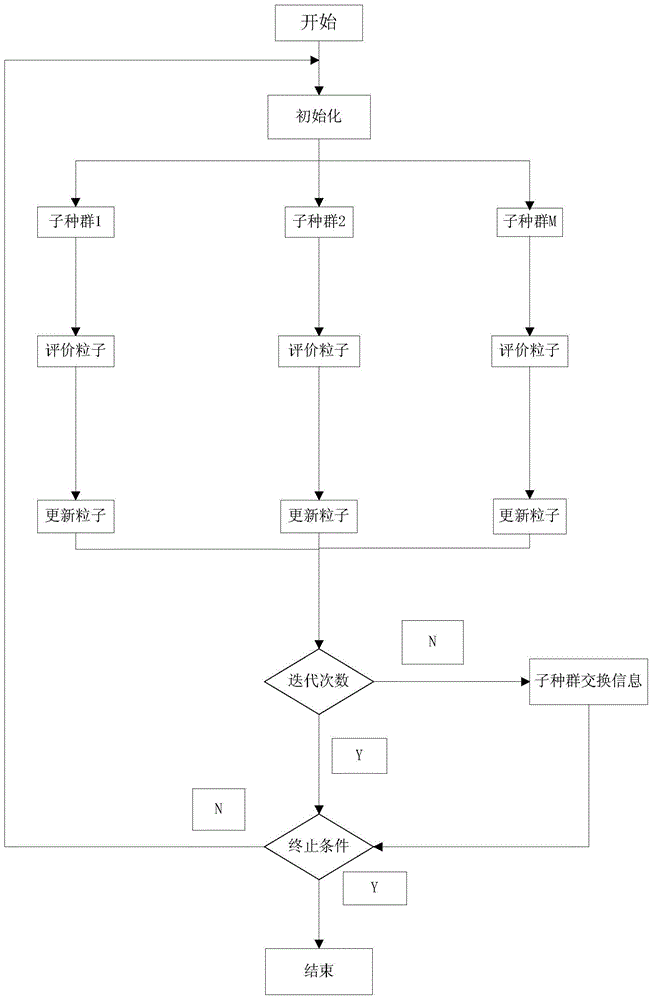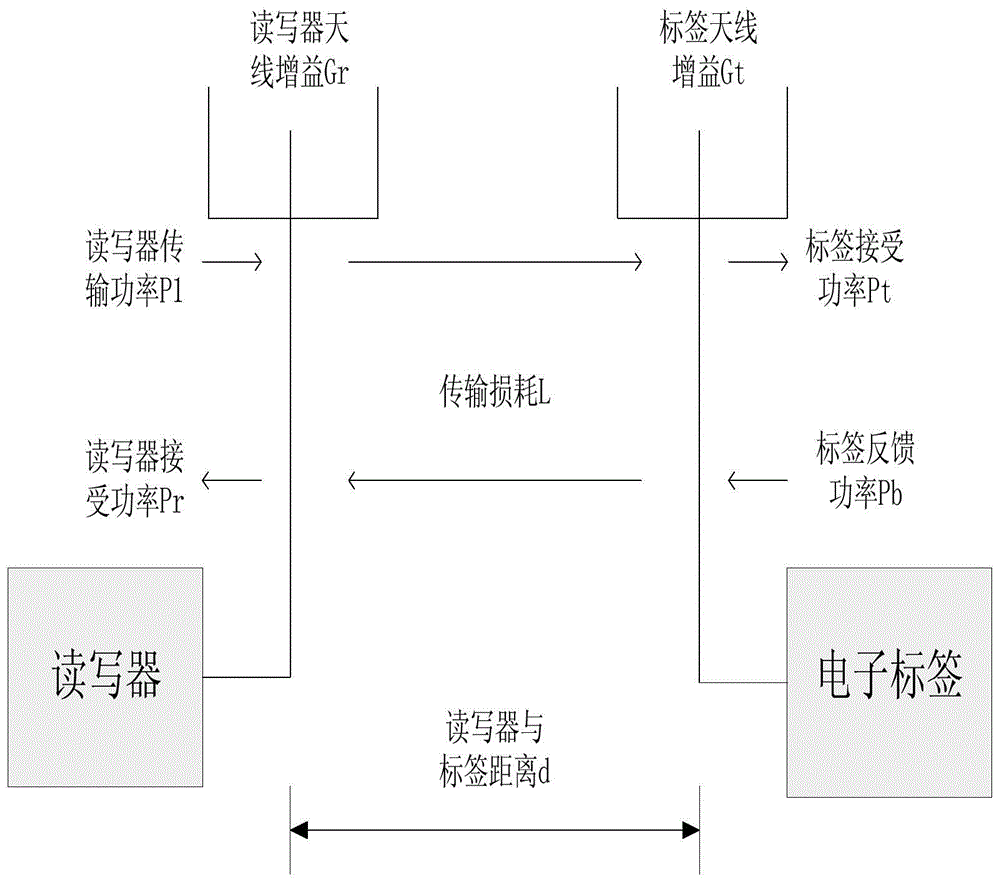Optimization method of radio frequency identification network layout based on multi-population symbiotic evolution
A radio frequency identification and network layout technology, applied in the network field, can solve problems such as poor stability, slow convergence speed, and inability to obtain network layout solutions, and achieve the effects of high stability, fast convergence speed, and small population size.
- Summary
- Abstract
- Description
- Claims
- Application Information
AI Technical Summary
Problems solved by technology
Method used
Image
Examples
Embodiment Construction
[0026] Such as figure 2 As shown, the radio frequency identification RFID network model is mainly composed of tags and readers. The communication between the tags and the readers is realized through electromagnetic waves. The readers emit energy signals, and the signals are transmitted through the antennas of the readers. The tags complete the process through their own antennas. Receive function.
[0027] refer to figure 1 , the specific implementation steps of the present invention are as follows:
[0028] Step 1. Set the parameter Network Parameters.
[0029] Set the following parameters according to the radio frequency identification network model:
[0030] The wavelength of the electromagnetic wave λ=0.328m, the threshold power R of the reader and the tag communication q =-14dBm, reader antenna gain G 1 =6.7dBi; tag antenna gain G 2 = 3.7dBi.
[0031] Step 2. Set the parameters of the multi-population symbiotic evolutionary algorithm.
[0032] In the field of func...
PUM
 Login to View More
Login to View More Abstract
Description
Claims
Application Information
 Login to View More
Login to View More - R&D
- Intellectual Property
- Life Sciences
- Materials
- Tech Scout
- Unparalleled Data Quality
- Higher Quality Content
- 60% Fewer Hallucinations
Browse by: Latest US Patents, China's latest patents, Technical Efficacy Thesaurus, Application Domain, Technology Topic, Popular Technical Reports.
© 2025 PatSnap. All rights reserved.Legal|Privacy policy|Modern Slavery Act Transparency Statement|Sitemap|About US| Contact US: help@patsnap.com



